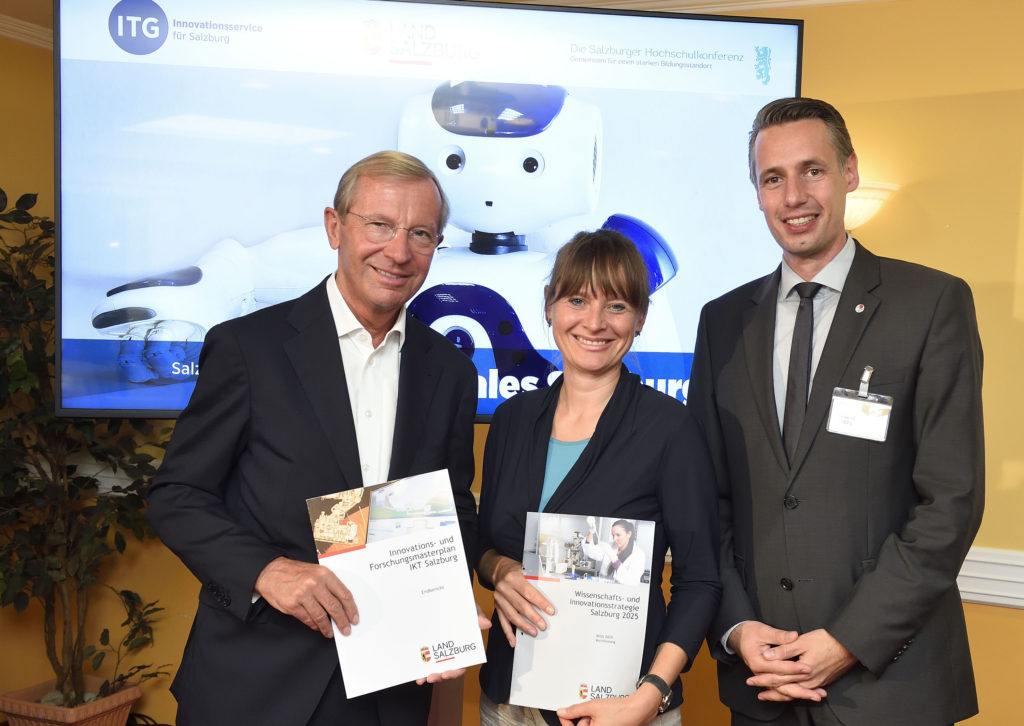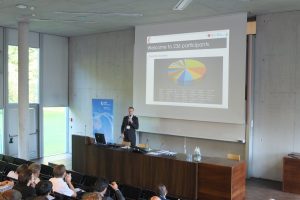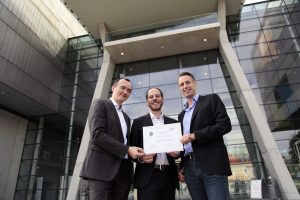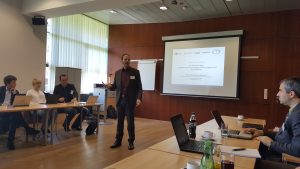We are very pleased to announce two guest lectures by Prof. Stephen Wicker from Cornell University.
Thursday, 7 April 2016 | 3 pm
Demand Response Systems: Privacy and Security
Demand response systems offer the potential to greatly smooth power generation requirements, but this comes at the cost of collecting fine-granularity power consumption data from consumers. In this talk we review the privacy concerns surrounding such data collection, showing that it reveals detailed information about behavior within the home. We also consider the security issues, examining a variety of potential attacks by third parties that can exploit demand-response systems to disrupt the power grid. We then describe a secure, privacy-ware architecture that avoids harm to subscribers and reduces the potential for third-party attacks.
Friday, 8 April 2016 | 3 pm
Smartphones, Cryptography and the Self-Incrimination
The recent confrontation between the FBI and Apple highlights both the importance of smartphones in modern life and the power of publicly-available cryptography. In this talk we will explore this controversy, and then consider the more general issues of the public use of cryptography and one’s right to keep one’s personal data to one’s self. Along the way we will treat the specific questions of whether forced decryption is self-incrimination, and the technical and legal status of smartphones as the personal papers of the 21st century.
About
Stephen Wicker is a Professor of Electrical and Computer Engineering and a member of the graduate fields of Computer Science, Information Science, and Applied Mathematics. He teaches and conducts research in wireless information networks, cellular networks, packet-switched computer networks, and digital telephony. He currently focuses on the interface between information networking technology, law, and sociology, with a particular emphasis on how design choices and regulation can infringe the privacy and speech rights of users. Professor Wicker‘s most recent book, Cellular Convergence and the Death of Privacy, was published by Oxford University Press in September 2013.
Professor Wicker is the Cornell Principal Investigator for the TRUST Science and Technology Center – a National Science Foundation center dedicated to the development of technologies for securing the nation’s critical infrastructure. In 2010 Professor Wicker briefed the staff of the Congressional Committee on Science and Technology on the subject of cellular privacy and in 2014 briefed the National Economic Council at the White House on privacy and security for the smart grid. In 2011 he was made a Fellow of the IEEE for “contributions to wireless information systems“. He has published six books and graduated 42 PhD students.
2016_04_Sec_Privacy_GuestLecture






![[PDF]](https://www.en-trust.at/wp-content/plugins/papercite/img/pdf.png)
